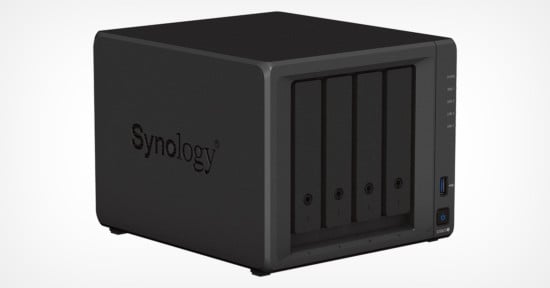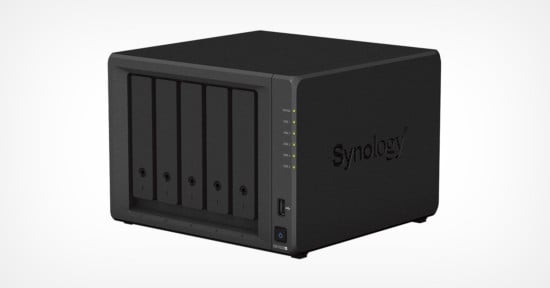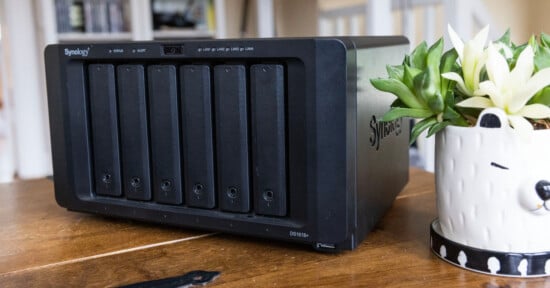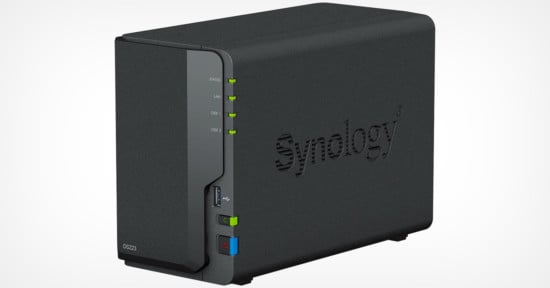Synology to Restrict Its New NAS Devices to Using Synology-Branded Drives
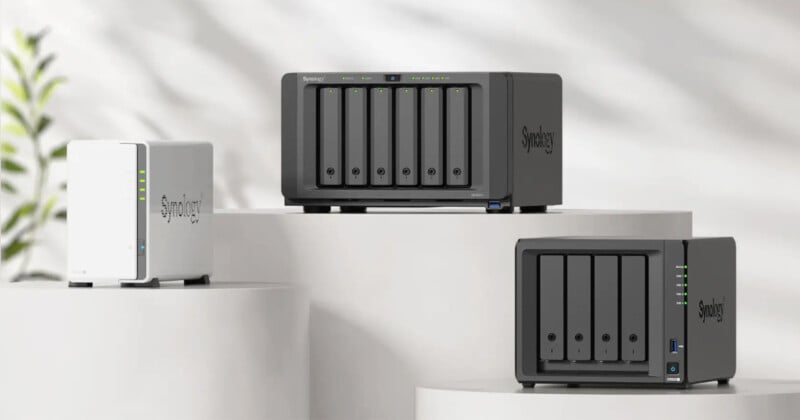
Storage and technology company Synology will require self-branded, verified drives for consumer NAS systems starting with the new 25 Plus series lineup.
Initially reported by Hardwareluxx in Germany, Synology is continuing its trend of requiring users to put Synology-certified drives into system storage devices, such as NAS, which stands for network-attached storage. Photographers can use NAS to store all their vital data and access it via their network, like a personal cloud. It is a popular solution for many creatives who have a lot of photo and video files they want to protect and easily access.
This new Synology policy was first introduced in the company’s enterprise products, where reliability and consistency are of utmost importance — and worth paying extra for if need be.
It is worth noting that the requirement to use Synology-verified drives starts with the 25 Plus series products and will not carry backward to existing products. Further, customers can technically use non-verified drives in Synology’s new NAS systems, although this decision will come with consequences. Users will not be able to receive hard drive health reports, perform volume-wide duplication, see lifespan analysis of their drives, or receive automatic firmware updates, per Tom’s Hardware.
As for why Synology is making this move, the company tells PetaPixel that it will help ensure better reliability and an improved overall user experience.
“With the launch of the new Synology 25 Plus series product lineup, Synology is introducing a streamlined compatibility policy designed to enhance reliability and improve user experience. Synology-branded drives will be needed for use in the newly announced Plus series, with plans to update the Product Compatibility List as additional drives can be thoroughly vetted in Synology systems,” the company says.
“This decision reflects Synology’s ongoing commitment to deliver the highest levels of system stability and performance. Extensive internal testing has shown that drives that follow a rigorous validation process when paired with Synology systems are at less risk of drive failure and ongoing compatibility issues,” Synology continues.
“Additionally, Synology will be introducing a carefully curated drive compatibility framework for those wanting to integrate third-party drives into their Synology systems. Users can submit drives for a comprehensive testing and documentation process. Drives that meet Synology’s stringent standards may be validated for use, offering flexibility while maintaining system integrity.
“It is important to note that existing Synology products released prior to the ‘25 series will continue to support third-party drives in accordance with current compatibility guidelines, and this change does not affect J and Values Series models. Additionally, users will be able to migrate older drives from previous Synology models into the new ‘25 models, ensuring that their data is still accessible and protected.”
At its core, this move reflects Synology’s willingness to restrict its customers to fewer options in exchange for what it believes will be a more consistent, reliable, and better overall user experience with its upcoming NAS systems.
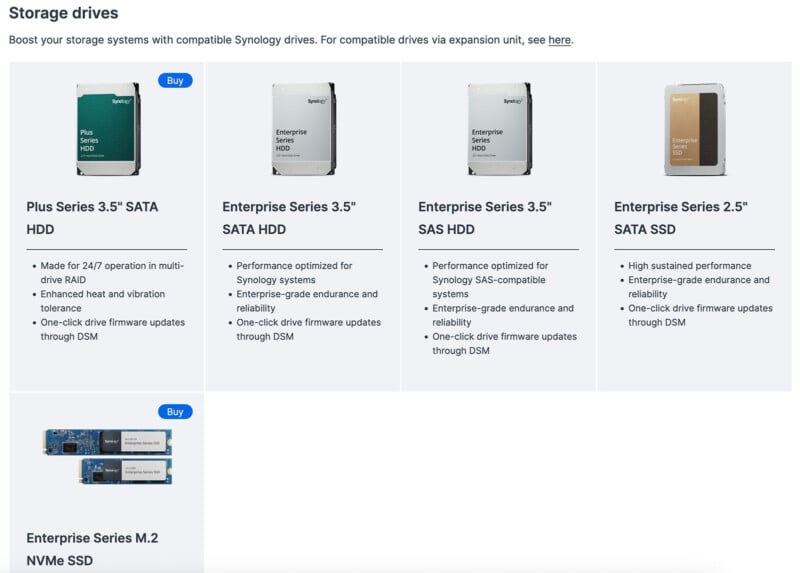
How it will impact storage costs for new customers or old ones who upgrade to a new Synology remains to be seen. Synology is itself not a drive manufacturer; its branded drives are made by other companies like Seagate and Toshiba. So the Synology drives required for 25 Plus series NAS systems are arguably already “third-party” drives, albeit ones that have been strictly tested and certified.
Whenever a limit like this is instituted, there is a risk of increased costs for customers. Fewer choices rarely result in lower prices, after all. However, fewer choices in a sensitive storage ecosystem could certainly improve overall reliability and performance. That’s what Synology believes, at least.
Image credits: Synology
